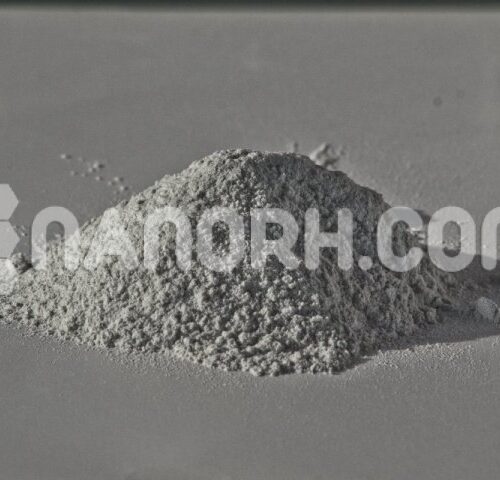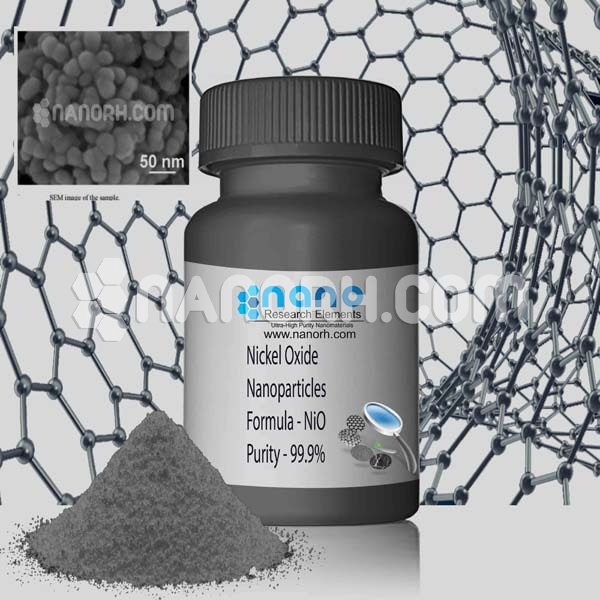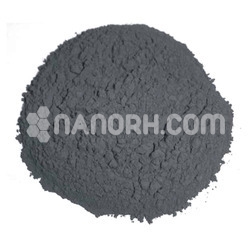Magnetite Iron Oxide Nanoparticles-Polyimethylsiloxane ((C2H6OSi)n Fe3O4, Purity: 99.9%, APS:100nm )
| Magnetite Iron Oxide Nanoparticles | |
| Product No | NRE-29019 |
| CAS No. | 1317-61-9 |
| Formula | Fe3O4 |
| APS | <100nm (Can be Customized) |
| Purity | 99.9% |
| Color | Dark Brown |
| Molecular Weight | 231.53 g/mol |
| Density | 5 g/cm³ |
| Melting Point | 1,597 °C |
| Boiling Point | 2,623 °C |
Magnetite Iron Oxide Nanoparticles-Polydimethylsiloxane
Iron sulfide powder (FeS) is a compound consisting of iron and sulfur, with several different stoichiometric forms, including iron(II) sulfide (FeS), iron(III) sulfide (Fe₂S₃), and iron disulfide (FeS₂). The most commonly referenced form is iron(II) sulfide (FeS), which occurs naturally as the mineral pyrite or marcasite, though it can also be synthesized under controlled conditions in the laboratory or industrial settings.
Applications
Catalysis:
Hydrogenation Reactions: Iron sulfide is used as a catalyst or catalyst support in hydrogenation reactions, which are important in the chemical and petrochemical industries. These reactions are employed in the production of fuels, such as upgrading of oils, desulfurization of fuels, and hydrogenation of unsaturated hydrocarbons.
Fischer-Tropsch Synthesis: Iron sulfide catalysts are also used in the Fischer-Tropsch synthesis, a process that converts syngas (a mixture of carbon monoxide and hydrogen) into liquid hydrocarbons, which can be used as synthetic fuels or chemical feedstocks.
Desulfurization: Iron sulfide is employed in desulfurization processes to remove sulfur from various hydrocarbons, especially in refineries to improve fuel quality by reducing sulfur content in gasoline and diesel.
Energy Storage and Conversion:
Battery Technology: Iron sulfide, particularly iron disulfide (FeS₂), has been explored as a cathode material in rechargeable batteries, especially in lithium-ion or lithium-sulfur batteries. These batteries have the potential to offer high energy density and are an area of active research, as they could be more cost-effective and efficient than traditional lithium-ion batteries.
Environmental Applications:
Wastewater Treatment: Iron sulfide powder can be used in wastewater treatment processes to remove heavy metals such as arsenic, mercury, and lead. The powder interacts with these metals, forming insoluble sulfides that can then be filtered out. This is an effective method for reducing toxic contamination in industrial wastewater.
Sulfur Removal: Iron sulfide powder can be employed to remove sulfur from natural gas, oil, or other industrial gases, a process known as “sweetening.” By removing sulfur, iron sulfide helps to prevent the formation of sulfuric acid in refining processes, thereby reducing corrosion and environmental impact.





Reviews
There are no reviews yet.